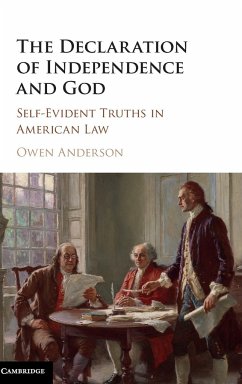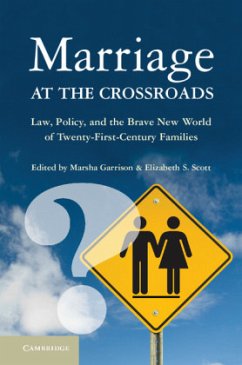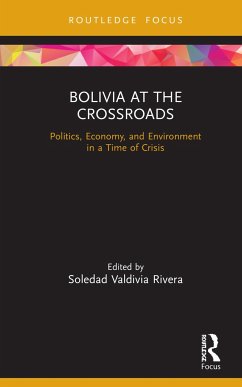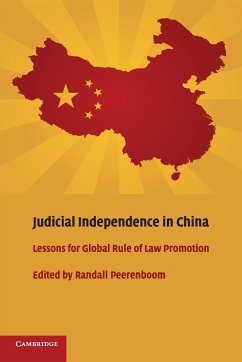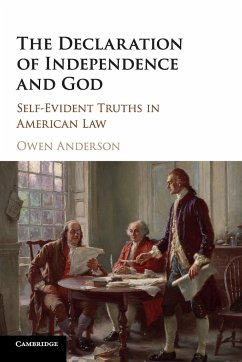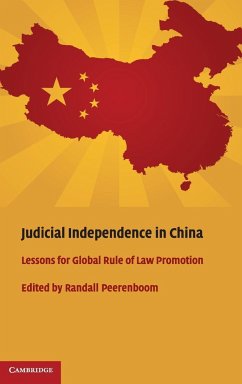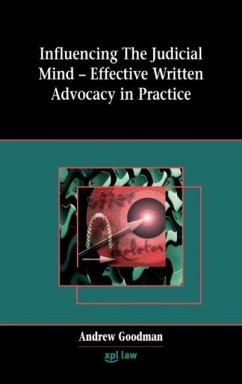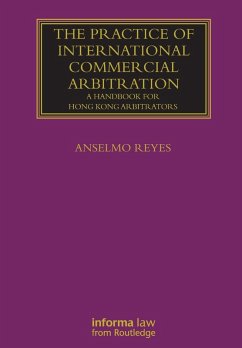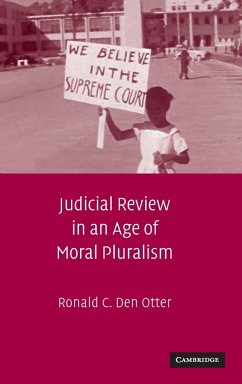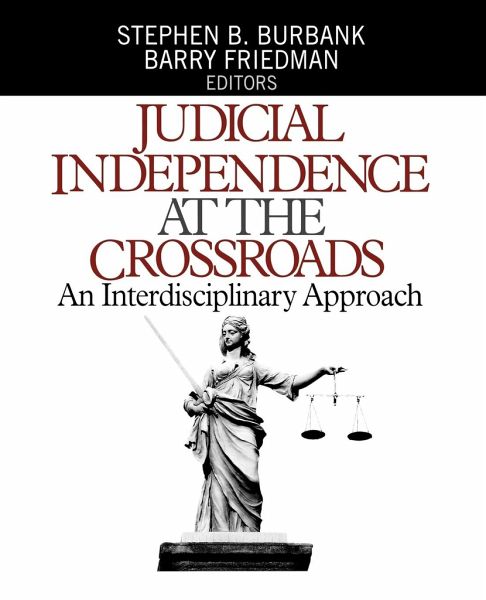
Stephen B. Burbank / Barry Friedman (eds.)
Broschiertes Buch
Judicial Independence at the Crossroads
An Interdisciplinary Approach
Herausgeber: Burbank, Stephen B.; Friedman, Barry
Versandkostenfrei!
Versandfertig in 1-2 Wochen
Weitere Ausgaben:

PAYBACK Punkte
48 °P sammeln!




This book provides a path-breaking, interdisciplinary collection of essays by leading scholars on the contentious issues of judicial independence and federal judicial selection.
Stephen B. Burbank is the David Berger Professor for the Administration of Justice at the University of Pennsylvania. A graduate of Harvard College and Harvard Law School, Professor Burbank served as law clerk to Justice Robert Braucher of the Supreme Judicial Court of Massachusetts and to Chief Justice Warren Burger. He was General Counsel of the University of Pennsylvania from 1975 to 1980. Professor Burbank is the author of numerous articles on federal court rulemaking, complex litigation, international civil litigation and judicial independence and accountability. He was the principal author of Rule 11 in Transition: The Report of the Third Circuit Task Force on Federal Rule of Civil Procedure 11 (American Judicature Society 1989) and a principal author of the Report of the National Commission on Judicial Discipline and Removal (1993). Professor Burbank is a member of the Executive Committee of the American Judicature Society, for which he also serves on the editorial committee, as chair of the amicus committee, and as co-chair of the Center for Judicial Independence Task Force. He has served as a Visiting Professor at the law schools of Goethe University (Frankfurt, Germany), Harvard University, the University of Michigan, and the University of Pavia (Italy). Barry Friedman (A.B. 1978, University of Chicago; J.D. 1982, Georgetown University) is a Professor of Law at New York University School of Law, where he writes and teaches in the areas of constitutional law, federal jurisdiction, and criminal procedure. His areas of specialty are judicial review and federalism. His most recent project has been an extended political history of judicial review. From there he is turning to a project discussing the difficulty with modeling judicial review; this project delves deeply into the empirical and game theoretic literature on the subject. Professor Friedman also practices law, both privately and pro bono, and has litigated in all levels of the state and federal courts, including on issues of judicial independence and federalism. He has testified before Congress on the same subjects. He speaks regularly at judicial conferences, at academic gatherings, and before other groups. Friedman is completing a term of over eight years as an officer and executive committee member of the American Judicature Society. He remains the co-chair of AJS′ Task Force on Judicial Independence.
Produktdetails
- Verlag: Sage Publications
- Seitenzahl: 306
- Erscheinungstermin: 2. April 2002
- Englisch
- Abmessung: 235mm x 191mm x 17mm
- Gewicht: 575g
- ISBN-13: 9780761926573
- ISBN-10: 0761926577
- Artikelnr.: 21145227
Herstellerkennzeichnung
Libri GmbH
Europaallee 1
36244 Bad Hersfeld
gpsr@libri.de
Für dieses Produkt wurde noch keine Bewertung abgegeben. Wir würden uns sehr freuen, wenn du die erste Bewertung schreibst!
Eine Bewertung schreiben
Eine Bewertung schreiben
Andere Kunden interessierten sich für




